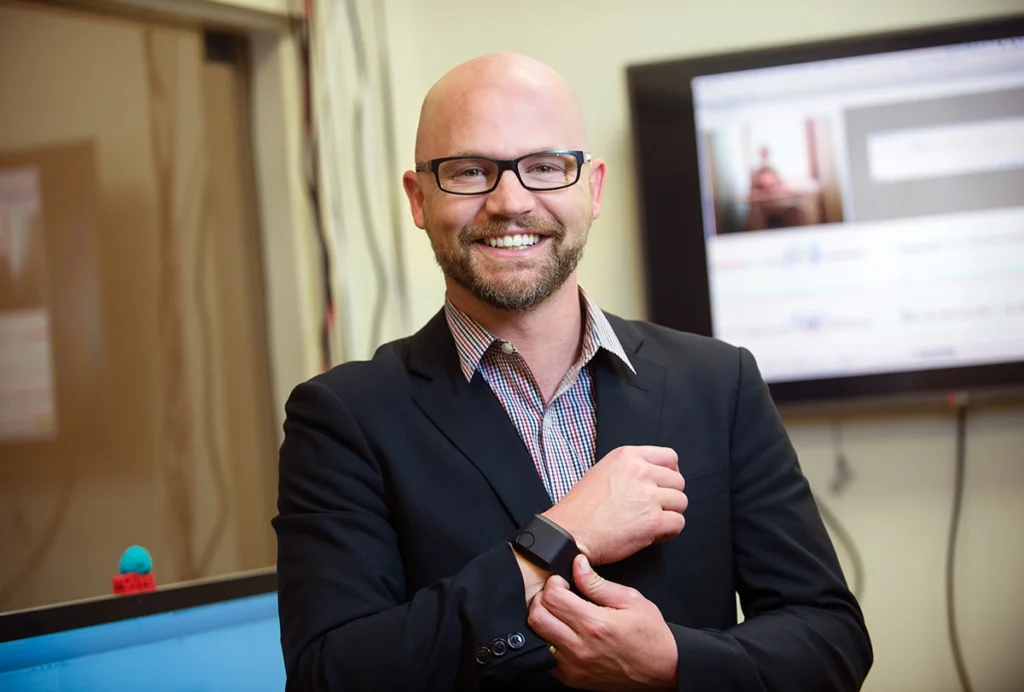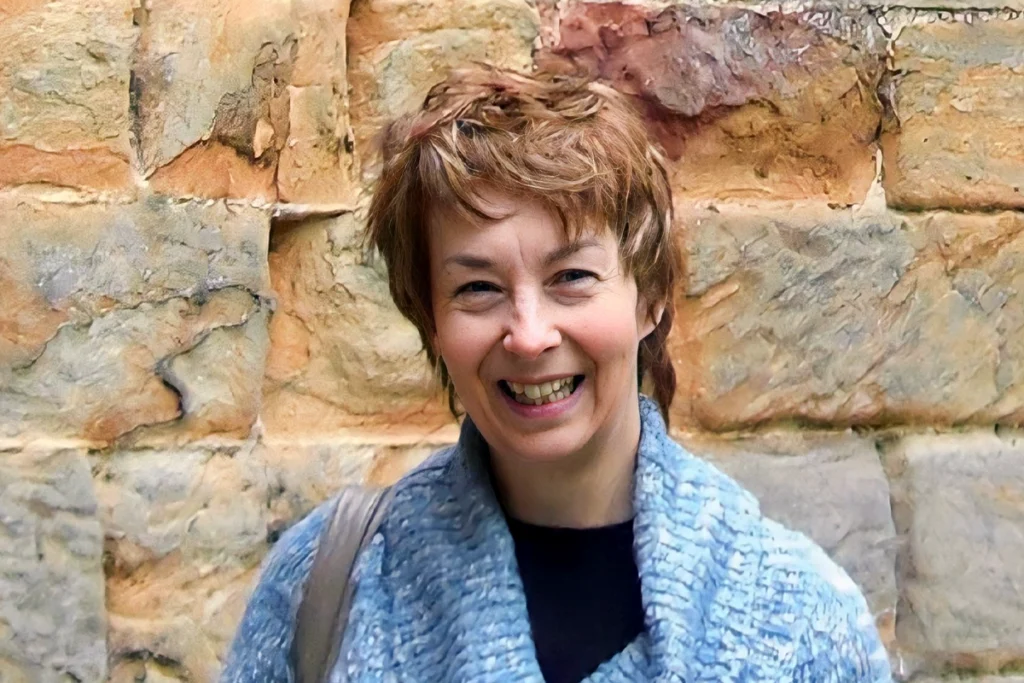Almost every human cell teems with a potpourri of tiny powerhouses: mitochondria. Up to thousands of them. These organelles use oxygen to convert the nutrients from the food you eat into a form of energy the body can use. The brain consumes a lot of this energy — about 20 percent. Could changes in mitochondria, then, affect how the brain functions and contribute to autism? Read the related article, Meet the ‘mitomaniacs’ who say mitochondria matter in autism.
Mitochondria: An energy explanation for autism
People with autism have more mutations than others do in both mitochondrial DNA and nuclear DNA that affects mitochondrial function.
By
Laura Dattaro
22 November 2021 | 1 min read
Illustration by Mengxin Li
Explore more from The Transmitter

Crowdsourcing to curb aggression in autism: Q&A with Matthew Goodwin
By
Daisy Yuhas
2 May 2024 | 6 min read

Brain connectivity and letting the data speak with Emily Finn
By
Brady Huggett
1 May 2024 | 69 min listen

Carol Jennings, whose family’s genetics informed amyloid cascade hypothesis, dies at 70
By
Elissa Welle
30 April 2024 | 4 min read
Cite this article: